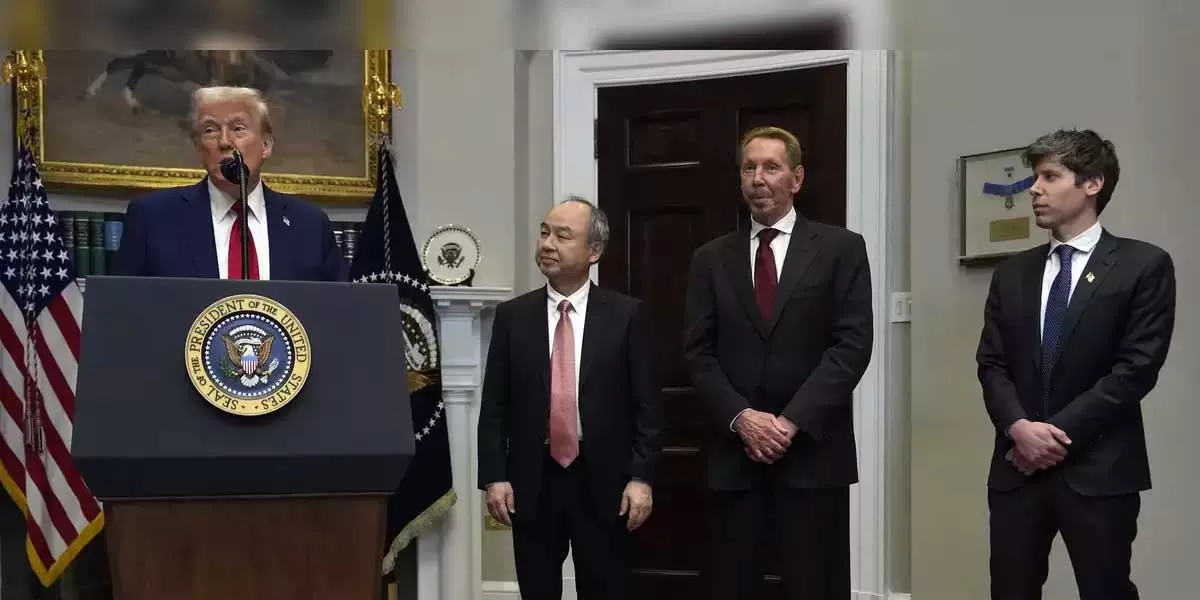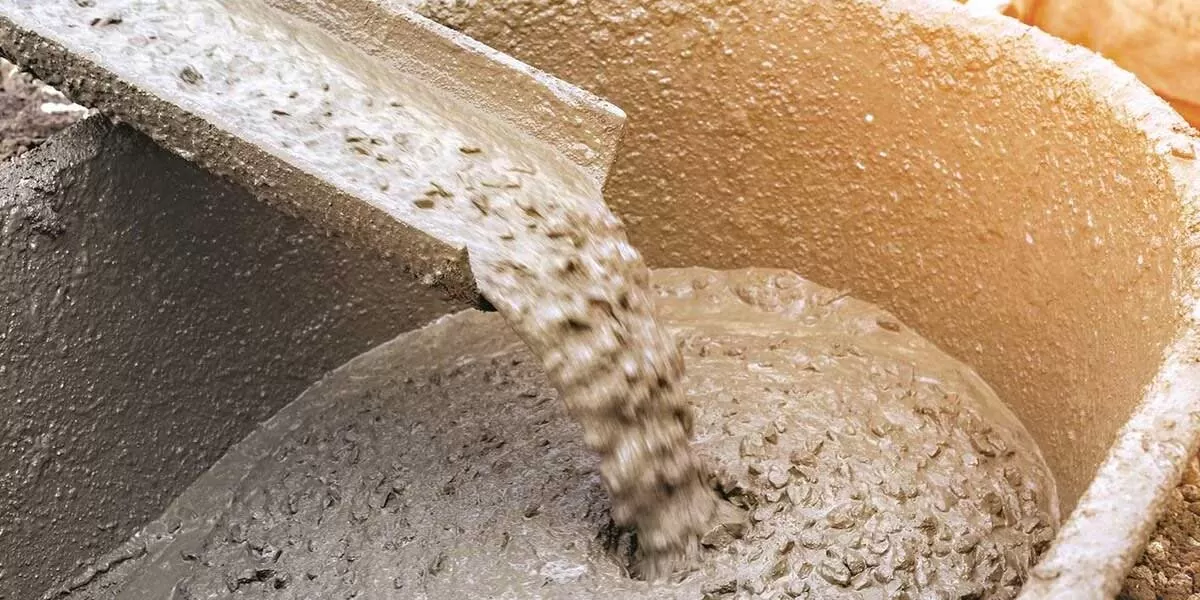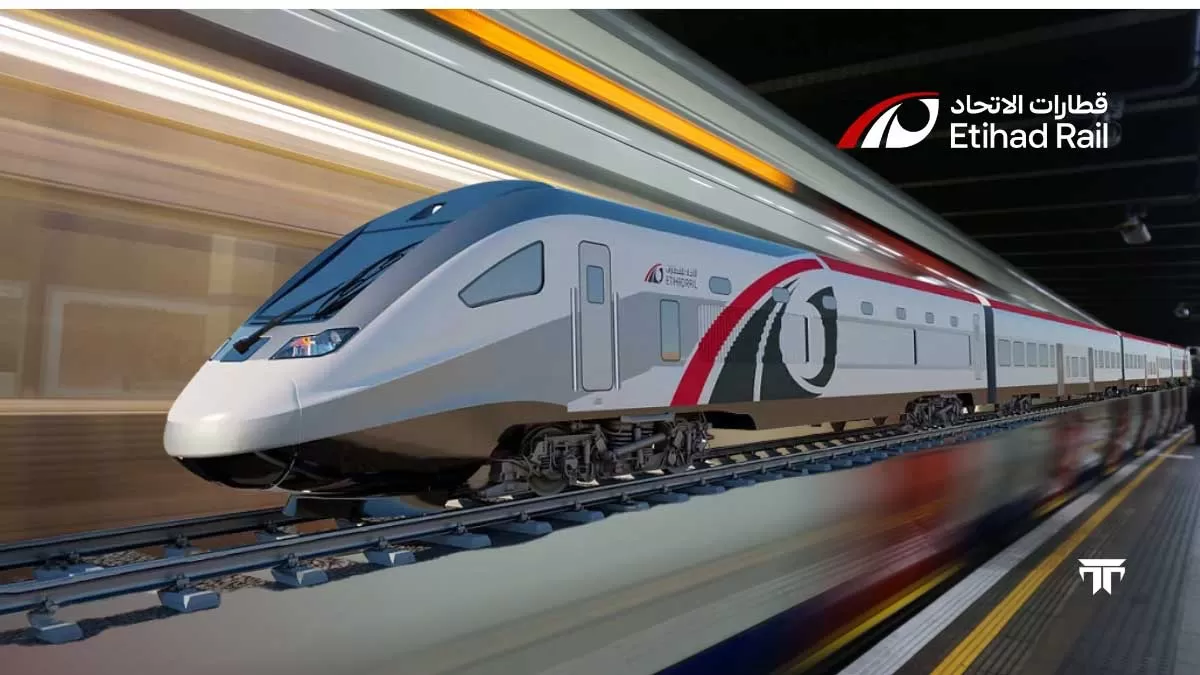
Trump-Backed $100 Billion Stargate to Use Solar Power for AI Infra
A $100 billion joint venture, endorsed by former President Donald Trump, is set to advance artificial intelligence in the U.S. and will rely partly on renewable energy sources such as solar power and batteries, favored by his climate-focused predecessor.The Stargate venture, announced on January 23, 2025, involves SoftBank Group Corp., OpenAI, and Oracle Corp. These companies will invest $100 billion to establish infrastructure in the U.S., including data centres for OpenAI. Although executives highlighted a potential $500 billion expansion, they did not specify energy sources for the project...

JK Cement Acquires Majority Stake in Saifco Cement to Expand in J&K
JK Cement has made a significant move in its growth strategy by acquiring a 60% equity stake in Saifco Cement, a cement manufacturer based in Srinagar, Jammu and Kashmir. The acquisition, valued at approximately Rs 1.74 billion, was approved during a board meeting on January 25, 2025.Located in Khunmoh, Srinagar, Saifco's integrated manufacturing unit, which includes both clinker and grinding capacities, aligns with JK Cement's expansion plans. Saifco has an annual turnover of around Rs 860 million, and this acquisition not only strengthens JK Cement's presence in the region but also offers a ..

Etihad Unveils Train Connecting Dubai and Abu Dhabi in 30 Minutes
Etihad Rail has announced the launch of a new high-speed passenger train service between Dubai and Abu Dhabi, set to reduce travel time to just 30 minutes. The trains will travel at speeds of up to 350 km/h, significantly improving connectivity between the two emirates.The announcement was made during an official ceremony at Al Faya Depot, with officials from the Dubai Media Office (DMO) and Abu Dhabi Media Office (ADMO) sharing the news on social media platform X.The high-speed rail route will pass through major destinations and tourist attractions, providing a fast, efficient travel experien..















